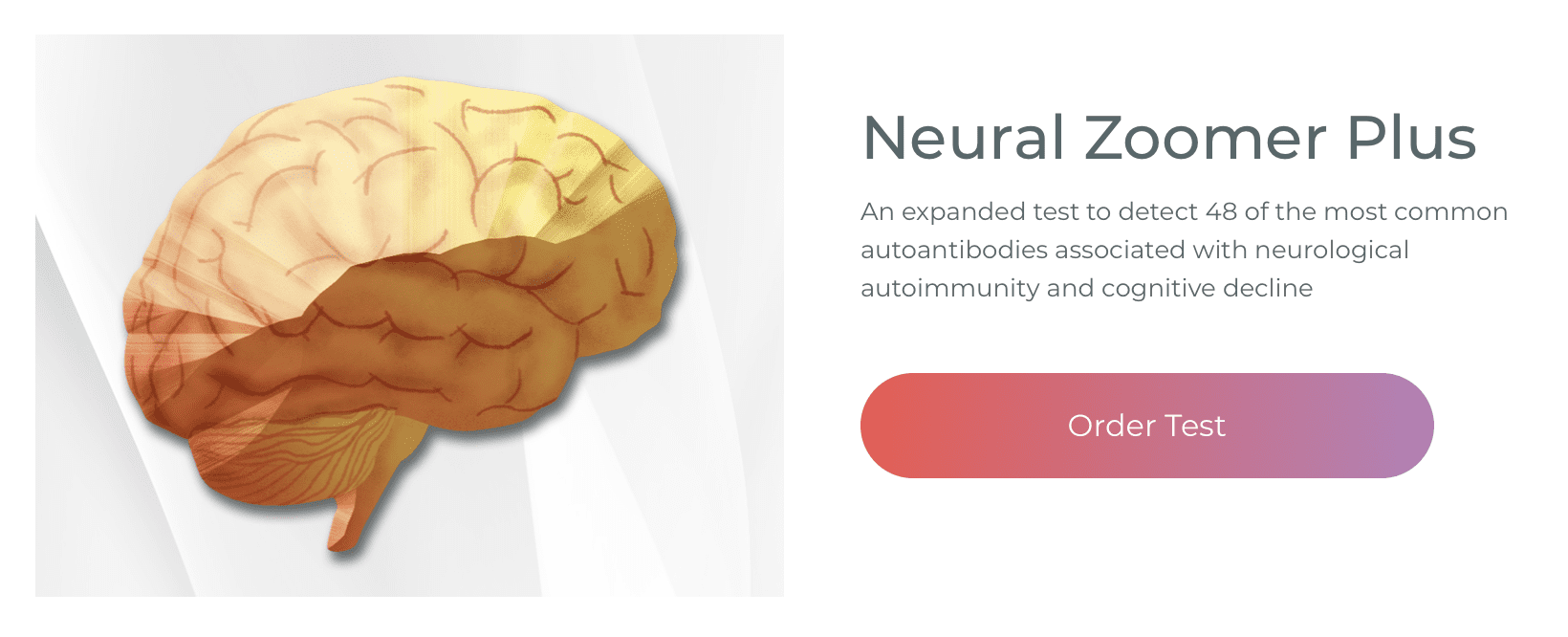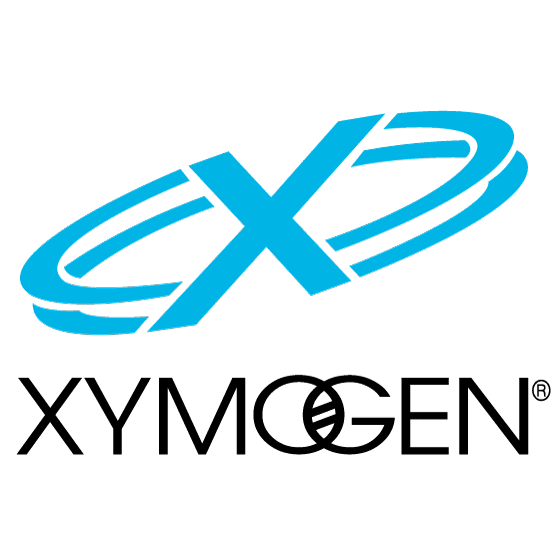Do you have difficulty digesting protein-rich foods? Do you have difficulty digesting starch-rich foods? Do you have difficulty digesting fatty or greasy foods? Do you experience abdominal distention after meals? Do you have abdominal pain and inflammation? If so, you may be having SIBO symptoms.
Small intestinal bacterial overgrowth (SIBO) is a gastrointestinal (GI) tract health issue that can become a persistent problem if it's not managed accordingly, especially if it's ultimately left untreated. For many people suffering from chronic gas, bloating, constipation, and/or diarrhea, they may have also already had a diagnosis of irritable bowel syndrome (IBS). However, research studies have shown that one of the main causes of IBS may be SIBO.
SIBO is a digestive health issue where there are too many bacteria in the small intestine. Bacterial overgrowth can also cause IBS. Although there are many treatment options for SIBO, one of the most important treatments for SIBO is doing everything we can to help keep SIBO from coming back. The purpose of the following article is to discuss how understanding the migrating motor complex (MMC) can help treat small intestinal bacterial overgrowth (SIBO).
What is the Migrating Motor Complex?
The migrating motor complex (MMC) refers to the collection of electrical waves that occur in the gut. The MMC helps regulate several important functions of the gut, such as sweeping out the stuff we no longer need in there and moving it down to the colon where it can then be excreted by the human body.Phases of the Migrating Motor Complex
The MMC is how the digestive system eliminates waste from the human body. The MMC cycle includes four phases, including:- The first phase is a period of calmness that lasts 45 to 60 minutes where rare action potentials and contractions occur.
- The second phase is a period of about 30 minutes where peristaltic contractions occur and gradually increase in frequency. Peristalsis starts in the stomach and continues throughout the small intestine.
- The third phase lasts 5 to 15 minutes and it's made-up of rapid, evenly spaced out peristaltic contractions. The pylorus stays open during these peristaltic contractions which allow many indigestible materials to pass into the small intestine.
- The fourth and final phase is a period of transition between the contractions from the third phase and the inactivity from the first phase.
Gastric, biliary, and pancreatic secretion increases during the MMC to further with the digestion process as well as to help decrease bacteria in the gastrointestinal (GI) tract. Healthcare professionals believe that motilin, the enteric hormone, regulates the MMC. Because eating food can interrupt the MMC, fasting between meals is important to help complete the four phases. Moreover, the well-known “growling" sounds you generally hear when you are hungry may be the migrating motor complex performing its job functions accordingly, such as cleaning your bowels of waste and excessive bacteria.
Migrating Motor Complex (MMC) Health Issues
If the migrating motor complex (MMC) isn't working properly, the foods we consume may ultimately remain in the stomach and small intestine longer than what is generally considered to be healthy, which can make us feel a heaviness after eating or it can make us feel too-full, even if you've only had a small meal. Furthermore, a slow MMC can also cause bacteria to stay in the gastrointestinal (GI) tract for too long, which can also lead to SIBO.Approximately 70 percent of people with SIBO also have MMC health issues. Research studies have shown that reduced MMC function may be associated with excess methane and/or hydrogen gasses produced by the excess bacteria in the gut. SIBO can also increase inflammation and intestinal permeability.
Other research studies have shown that utilizing acid-reducing medications or an H. pylori infection can affect MMC function. Lack of exercise, grazing, and constipation can also affect MMC. Stress can also affect MMC function. Finally, thyroid problems and adrenal fatigue can also affect MMC function.
Research studies have shown that people with IBS can frequently have decreased MMC function although researchers still don't understand how these changes occur. Several researchers believe that food poisoning and other bacterial infections can affect the gut microbiome which then changes how the gut microbiome signals the MMC to start and stop. Eating inflammatory foods or foods that you’re sensitive and/or allergic to can also cause nerve damage in the gut. Subsequently, these damaged nerves then can’t properly signal the MMC to function accordingly, leading to SIBO and other health issues.
Small intestinal bacterial overgrowth (SIBO) is a serious health issue which usually occurs because of an underlying chronic health issue. Several common symptoms may ultimately help determine the presence of SIBO. In addition, research studies have demonstrated that poor migrating motor complex (MMC) function, or the collection of electrical waves that help regulate several important functions of the gut, can ultimately cause SIBO and other digestive system health issues if left untreated. SIBO, or small intestinal bacterial overgrowth is treatable. Patients should contact a healthcare professional immediately if they suspect they have SIBO so that they can begin treatment right away. - Dr. Alex Jimenez D.C., C.C.S.T. Insight
Do you have difficulty digesting protein-rich foods? Do you have difficulty digesting starch-rich foods? Do you have difficulty digesting fatty or greasy foods? Do you experience abdominal distention after meals? Do you have abdominal pain and inflammation? If so, you may be having SIBO symptoms.
Small intestinal bacterial overgrowth (SIBO) is a gastrointestinal (GI) tract health issue that can become a persistent problem if it's not managed accordingly, especially if it's ultimately left untreated. For many people suffering from chronic gas, bloating, constipation, and/or diarrhea, they may have also already had a diagnosis of irritable bowel syndrome (IBS). However, research studies have shown that one of the main causes of IBS may be SIBO.
SIBO is a digestive health issue where there are too many bacteria in the small intestine. Bacterial overgrowth can also cause IBS. Although there are many treatment options for SIBO, one of the most important treatments for SIBO is doing everything we can to help keep SIBO from coming back. The purpose of the article above was to discuss how understanding the migrating motor complex (MMC) can help treat small intestinal bacterial overgrowth (SIBO).
The scope of our information is limited to chiropractic, musculoskeletal, and nervous health issues or functional medicine articles, topics, and discussions. We use functional health protocols to treat injuries or disorders of the musculoskeletal system. Our office has made a reasonable attempt to provide supportive citations and has identified the relevant research study or studies supporting our posts. We also make copies of supporting research studies available to the board and or the public upon request. To further discuss the subject matter above, please feel free to ask Dr. Alex Jimenez or contact us at 915-850-0900.
Curated by Dr. Alex Jimenez
References:
- Albina, Victoria. “SIBO Begone: 5 Easy Ways to Keep Your SIBO From Coming Back.” Victoria Albina, Victoria Albina, 26 Mar. 2019, victoriaalbina.com/sibo/.
- Brisson, John. “Migrating Motor Complex (MMC) and Digestive Health.” Fix Your Gut, Fix Your Gut, 13 Dec. 2014, www.fixyourgut.com/mmc-digestive-health/.
Additional Topic Discussion: Chronic Pain
Sudden pain is a natural response of the nervous system which helps to demonstrate possible injury. By way of instance, pain signals travel from an injured region through the nerves and spinal cord to the brain. Pain is generally less severe as the injury heals, however, chronic pain is different than the average type of pain. With chronic pain, the human body will continue sending pain signals to the brain, regardless if the injury has healed. Chronic pain can last for several weeks to even several years. Chronic pain can tremendously affect a patient's mobility and it can reduce flexibility, strength, and endurance.Neural Zoomer Plus for Neurological Disease
Dr. Alex Jimenez utilizes a series of tests to help evaluate neurological diseases. The Neural ZoomerTM Plus is an array of neurological autoantibodies which offers specific antibody-to-antigen recognition. The Vibrant Neural ZoomerTM Plus is designed to assess an individual’s reactivity to 48 neurological antigens with connections to a variety of neurologically related diseases. The Vibrant Neural ZoomerTM Plus aims to reduce neurological conditions by empowering patients and physicians with a vital resource for early risk detection and an enhanced focus on personalized primary prevention.
Food Sensitivity for the IgG & IgA Immune Response
Dr. Alex Jimenez utilizes a series of tests to help evaluate health issues associated with food sensitivities. The Food Sensitivity ZoomerTM is an array of 180 commonly consumed food antigens that offers very specific antibody-to-antigen recognition. This panel measures an individual’s IgG and IgA sensitivity to food antigens. Being able to test IgA antibodies provides additional information to foods that may be causing mucosal damage. Additionally, this test is ideal for patients who might be suffering from delayed reactions to certain foods. Utilizing an antibody-based food sensitivity test can help prioritize the necessary foods to eliminate and create a customized diet plan around the patient’s specific needs.
Gut Zoomer for Small Intestinal Bacterial Overgrowth (SIBO)
Dr. Alex Jimenez utilizes a series of tests to help evaluate gut health associated with small intestinal bacterial overgrowth (SIBO). The Vibrant Gut ZoomerTM offers a report that includes dietary recommendations and other natural supplementation like prebiotics, probiotics, and polyphenols. The gut microbiome is mainly found in the large intestine and it has more than 1000 species of bacteria that play a fundamental role in the human body, from shaping the immune system and affecting the metabolism of nutrients to strengthening the intestinal mucosal barrier (gut-barrier). It is essential to understand how the number of bacteria that symbiotically live in the human gastrointestinal (GI) tract influences gut health because imbalances in the gut microbiome may ultimately lead to gastrointestinal (GI) tract symptoms, skin conditions, autoimmune disorders, immune system imbalances, and multiple inflammatory disorders.
Formulas for Methylation Support

XYMOGEN’s Exclusive Professional Formulas are available through select licensed health care professionals. The internet sale and discounting of XYMOGEN formulas are strictly prohibited.
Proudly, Dr. Alexander Jimenez makes XYMOGEN formulas available only to patients under our care.
Please call our office in order for us to assign a doctor consultation for immediate access.
If you are a patient of Injury Medical & Chiropractic Clinic, you may inquire about XYMOGEN by calling 915-850-0900.
For your convenience and review of the XYMOGEN products please review the following link. *XYMOGEN-Catalog-Download
* All of the above XYMOGEN policies remain strictly in force.











